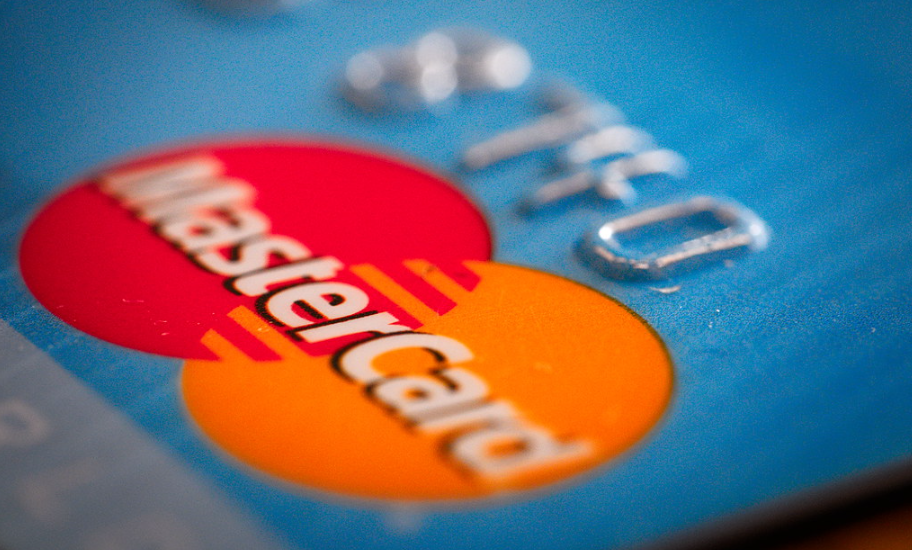Revolutionizing Transactions: The Promise of Blockchain
In a room towering above the iconic Canary Wharf in London, John Reynolds, COO of Coadjute, gripped the attention of his audience with a universal pain point: the intricate and nerve-wracking process of buying a home. Addressing a crowd that spanned from major banking representatives to groundbreaking startups, he introduced them to the groundbreaking possibilities of blockchain in simplifying this process.
Mastercard’s Innovation Sprint: Ushering in a New Era
More than just digital currency, the realm of blockchain, as illustrated by Reynolds, promises to overhaul industries and modernize age-old processes. The attendees of Mastercard’s inaugural Innovation Sprint came together with a shared vision: leveraging the Mastercard Multi-Token Network, a series of tools and standards built on a private, safe chain. The goal? Pioneering payment methods in various sectors – from global trade to real estate.
Jorn Lambert, Mastercard’s chief digital officer, asserted, “The power of technology can bring enormous efficiency to any space of economic activity.” Underlining the potential of digital assets, he envisaged a future where financial service innovations could be fueled by such technology.
The Innovation Sprint wasn’t just talk. Over 60 game-changing ideas were submitted, and 14 were showcased. Santander, a global banking giant, proposed the potential of smart contracts on the blockchain, aiming to provide a more secure alternative to conventional account transfers.
Kene Ezeji-Okoye of Millicent Labs highlighted another antiquated system ripe for innovation: global trade documentation. These essential records, often manually created and untouched since the 17th century, could be digitized, speeding up processes and decreasing risks.
Moreover, the carbon market – a domain plagued with inconsistencies and lack of transparency – was another focal point. Senken’s plan, as detailed by their head of product, Josep Coronado, hinges on the Mastercard Multi-Token Network. The result? A more user-friendly, transparent, and efficient system that boosts trust and confidence in carbon credit trading.
Diving into the realm of international aid, Melyn McKay from Coala Pay spotlighted how blockchain could mitigate challenges like high fees and currency volatility. Such innovations ensure that a more significant portion of funds reaches those in dire need.
Martin Etheridge, of Mastercard’s blockchain and digital assets division, summarized the day’s sentiment: “Mastercard Multi-Token Network isn’t just built to serve a single sector of the economy. This innovation sprint showcased the versatility of blockchain, from banks to industrials. We’ve always believed in blockchain’s potential, and now we see it coming to life.”
The list of companies sharing in this groundbreaking vision included names like Coala Pay, Coadjute, Santander, Senken, and Vodafone, among others.





